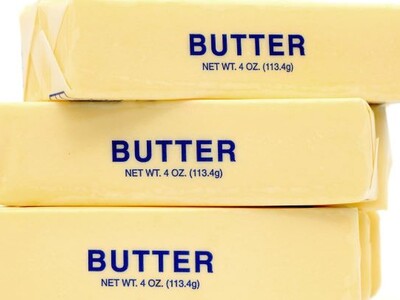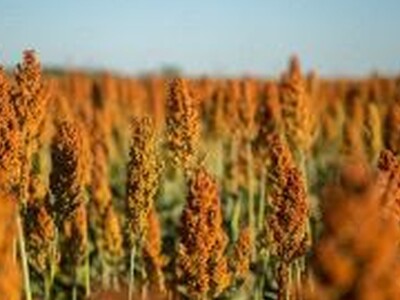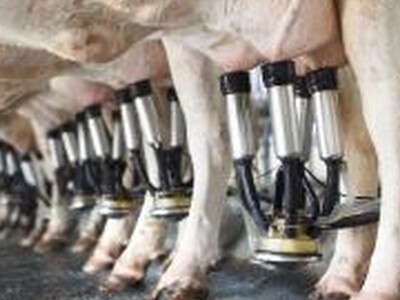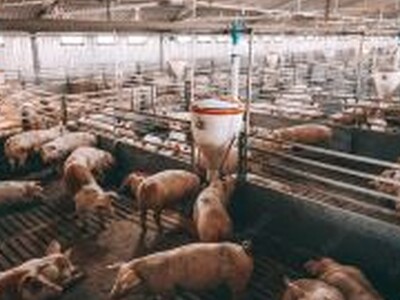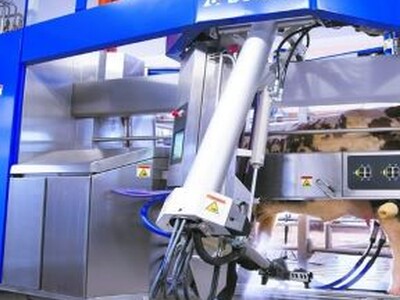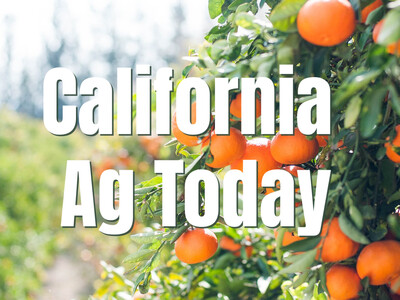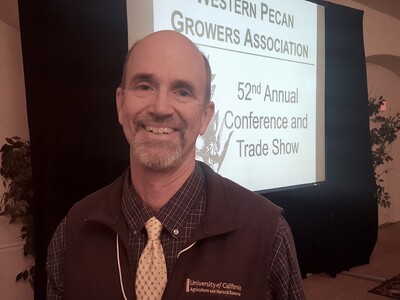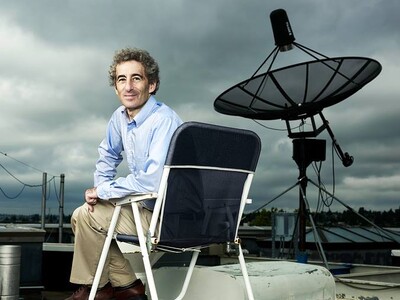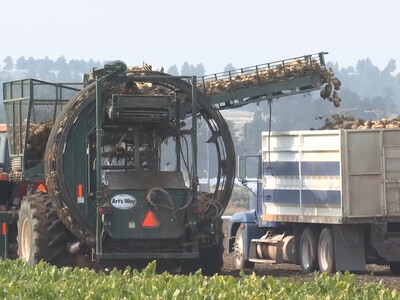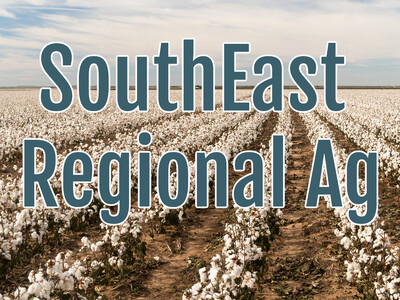Quinoa
Ever the ex game show host, here's your tossup for 50 points and a chance to advance to the lightning round. What is Quinoa? Quinoa is 100% whole grain and is close to being a perfect food source in the balance of nutrition it provides. Oregon State University is testing some of the first ever quinoa plantings in the Pacific Northwest. Technically it's not a grain but the seed of a leafy plant related to spinach. Quinoa is an excellent source of protein - 12% to 18%. According to The National Academy of Sciences, quinoa is "one of the best sources of protein in the vegetable kingdom". Quinoa contains the amino acid lysine which helps the body produce protein. It also helps the body process the protein in the quinoa and in other foods. The World Health Organization has rated the quality of protein in quinoa to be equivalent or superior to that found in milk products. The fact that quinoa will grow in extremely poor soil together with its great nutritional value makes it a true super grain to feed the world. Quinoa seeds are covered with bitter tasting saponins that naturally repel insects and birds.Here is Oregon State University Extension Service Darren Walenta: “Most of the work is prepping the ground. All the preparation of the ground is what takes the work. Putting it in the ground doesn't take that long as long as everything goes good. It just makes a really nice seed bed. It pulls moisture to the top of the surface. When you plant your seed in their, your seed is going into moisture. This is all dryland agriculture. One of the keys is knowing when to get your seed into the ground.”
Quinoa is a great food for people who must follow wheat free/gluten-free diets because Quinoa doesn't contain gluten. Quinoa can be substituted for almost any other grain.
Quinoa has a nutty, smoky flavor and is less filling than other grains and pastas.




